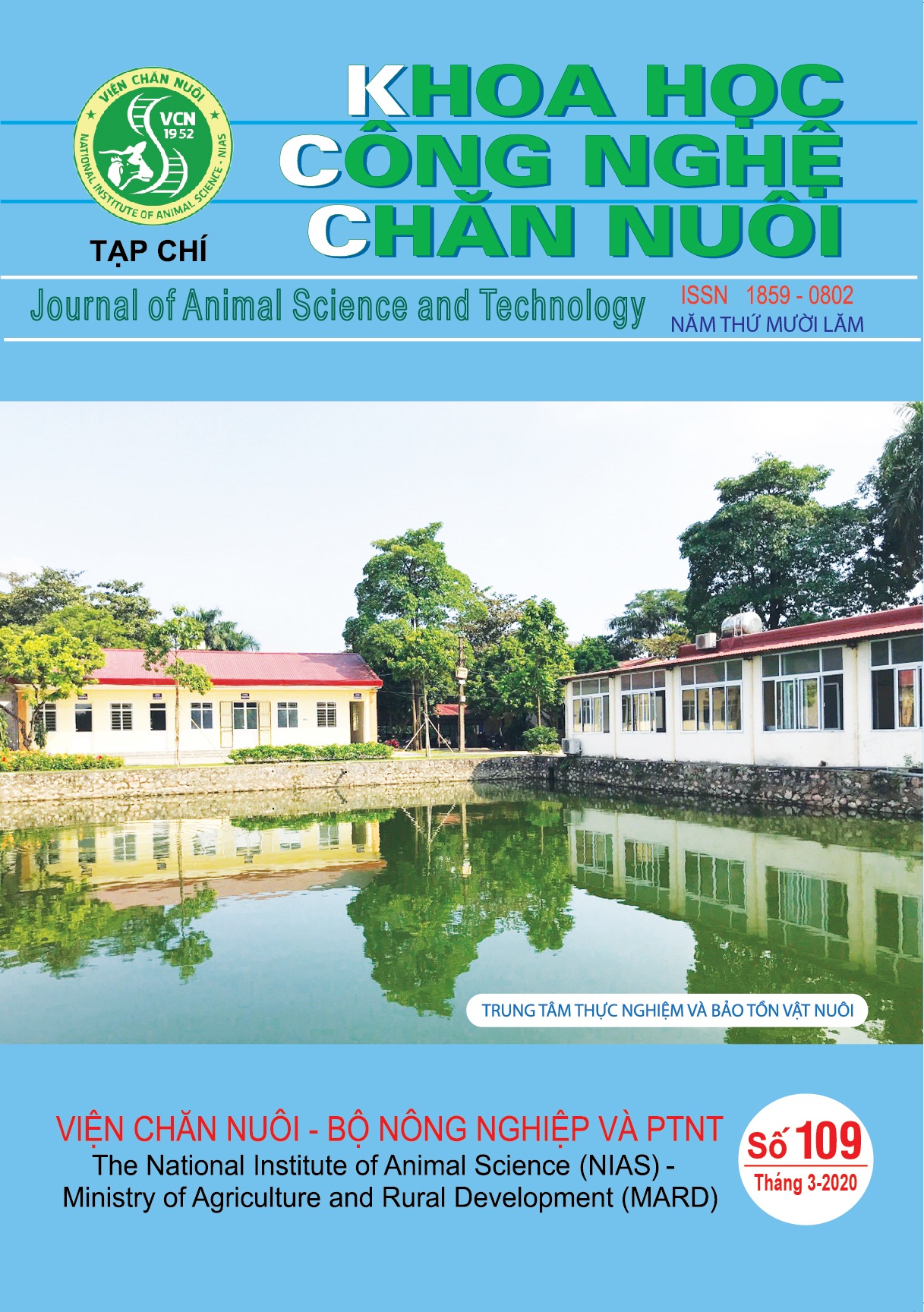Prevalence of Yersinia enterocolitica isolated from pigs in slaughterhouses in Hanoi
Yersinia enterocolitica is a common foodborne pathogen following Campylobacter and Salmonella. Yersinia enterocolitica is frequently harbored by healthy pigs which have been identified as a major reservoir of the human pathogenic strains. The aim of this study is to identify the prevalence and to characterize pathogenic Yersinia enterocolitica strains isolated from tongue swab, tonsil, feces, and pork meat samples collected from pigs in slaughterhouse in Hanoi, Vietnam. A total of 120 samples collected from 30 pigs in slaughterhouses were examined for Yersinia enterocolitica contamination following ISO 10273 -2003. The prevalence of Yersinia enterocolitica was 23.33% in feces samples; 20% in pork meat samples; 13.33% in tongue swab samples and 10% in tonsil samples. Of the 20 isolated strains, 5 strains were the pathogenic strains of biotype 1B (25%); 6 strains were the pathogenic strains of biotype 4 (30%) and 9 strains were the non-pathogenic strains of biotype 1A (45%). This study showed that Yersinia enterocolitica serotype O:5 is the most popular serotype in pig.

